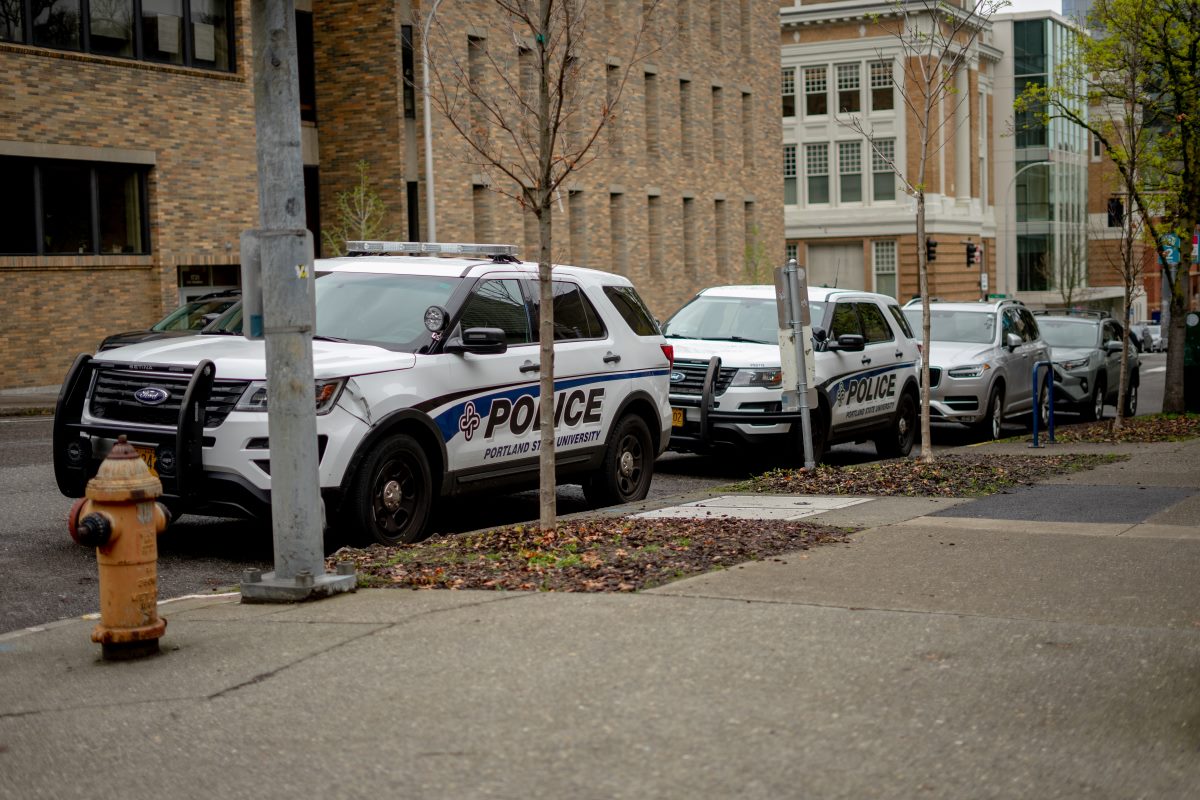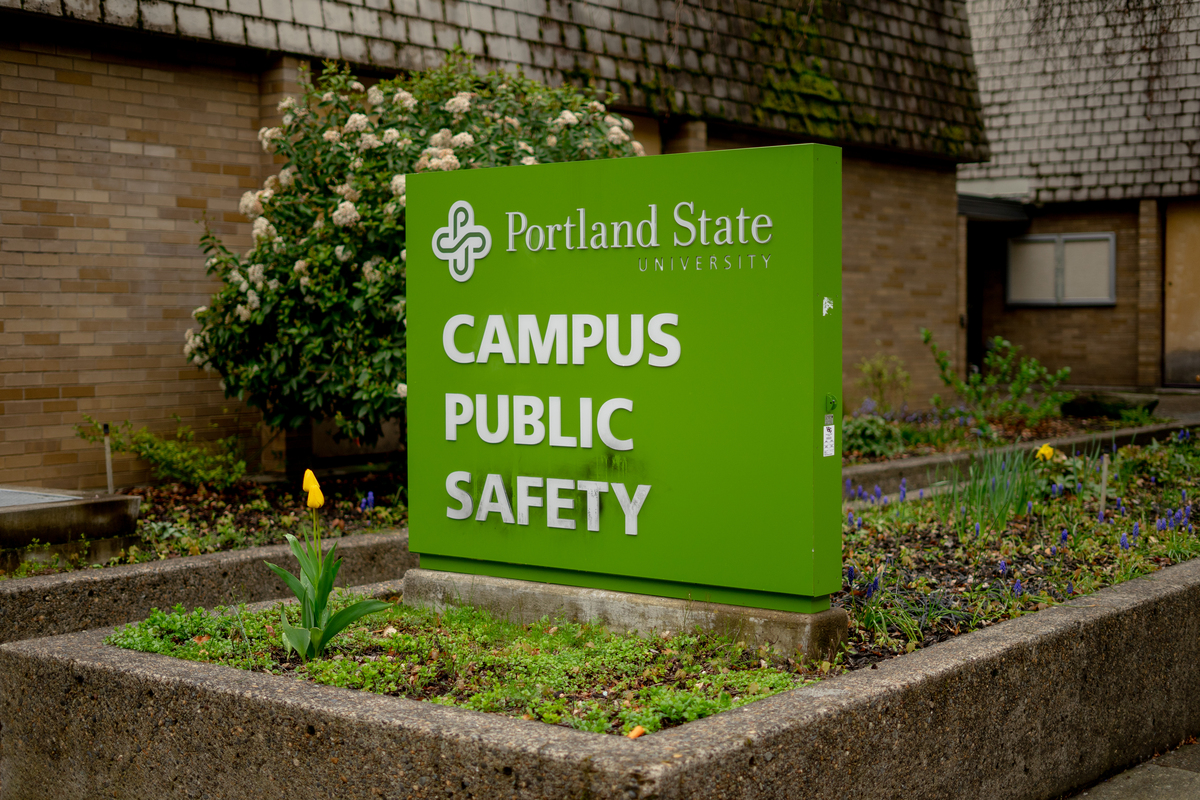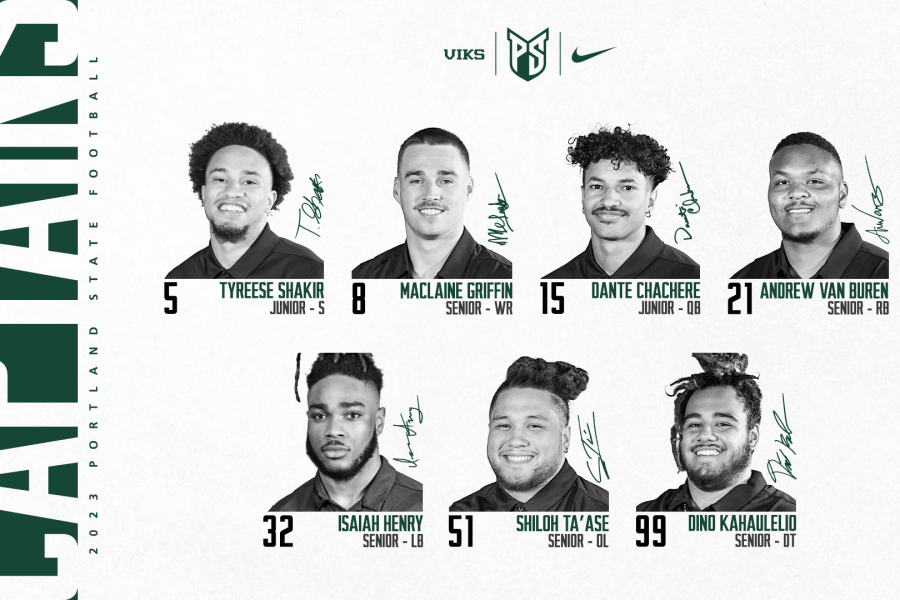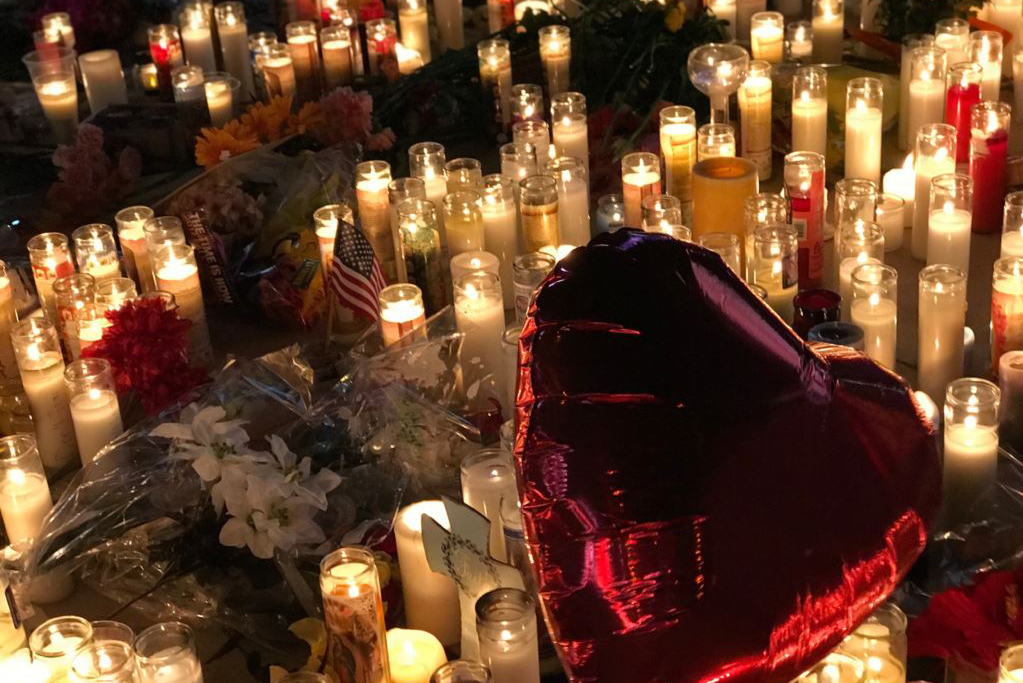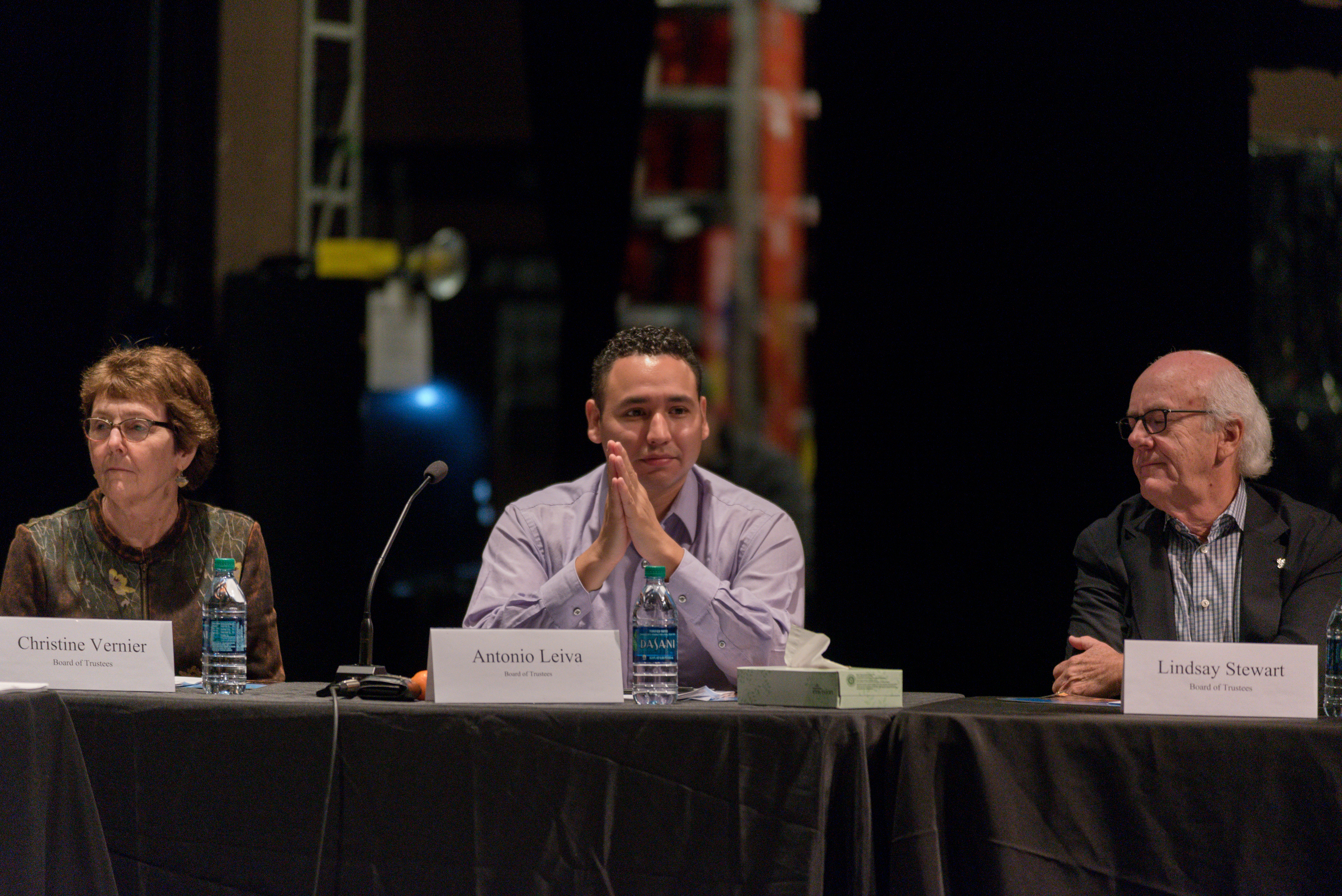Supporters of the Disarm PSU coalition gathered at Workers Tap on Wednesday, Aug. 16, to brainstorm their mission for the upcoming school year. Disarm PSU is a coalition of concerned Portland State students, faculty, staff and community members dedicated to the immediate disarmament of Campus Public Safety Office (CPSO) patrols. The coalition has demanded since 2014 that PSU reverse, reinvest and reimagine campus security.
During the meeting, members and supporters discussed plans to focus on education, continued the conversation about how CPSO became embedded in the PSU community and how the community might stay safe without armed police.
In 2014, an open letter to the PSU administration sent by PSU faculty and staff demanded PSU to not go forward with a proposal to arm campus police, with concern that “an armed security presence at PSU would create an unsafe environment for many, including people of color and people in distress.” The PSU Board of Trustees then voted 9-3 to deploy armed officers on campus.
In 2018, Jason Washington—a 45-year-old Black man with a valid concealed-carry permit—was killed by two armed CPSO officers. Washington’s death reinvigorated the Disarm PSU movement.
In 2020, PSU President Stephen Percy and CPSO Director Chief Willie Halliburton announced their decision to implement unarmed patrols on campus.
In April of 2023, Percy sent out a campus-wide email announcing how CPSO would return to armed patrols. However, as reported by Portland State Vanguard, CPSO returned to armed patrols on Feb. 14 without notifying students.
PSU’s decision to rearm CPSO has only motivated Disarm PSU members, such as Katie Cagle—a leading member of Disarm PSU and program assistant for the School of Social Work.
Cagle said she was inspired to join the fight to disarm PSU after conversations with students who said they feared for their lives knowing campus police were armed.
“Brown and Black students were telling me that they knew they would be less safe on campus with guns in the hands of police,” Cagle said. “We all feel less safe right now, and those are valid, legitimate fears. But there’s the potential danger of an active shooter, and then there’s the real and historical danger of CPSO having guns and killing someone.”
While Washington’s death was undoubtedly the most tragic example of the issues within CPSO, Cagle explained how the issues do not end there. When speaking with students, Cagle said she heard several instances of students having negative interactions with CPSO officers.
“I’ve heard stories from students who have had interactions with CPSO that left them feeling uncomfortable, or interactions they have witnessed with CPSO interacting with our unhoused neighbors in ways that felt dehumanizing or aggressive,” Cagle said. “[Disarm PSU] is interested in gathering more information with students about their experiences with CPSO.”
A 2020 study by PSU’s Queer Resource Center broke down students’ levels of comfortability with campus safety based on different demographics. As previously reported by Vanguard, 62% of the cisgender men surveyed agreed that they were comfortable talking to CPSO officers in passing, while only 42% of cisgender women agreed. In contrast, 75% of trans women disagreed or strongly disagreed.
The same question when posed in terms of race showed that 40% agreed—63% of whom identified as white—while 57% of the people who identified as Black, Indigenous, Native Hawaiian and/or Pacific Islander disagreed.
Disarm PSU is planning events for the upcoming academic year dedicated to educating people and starting conversations about policing at PSU—including a potential art show, abolition film festival and a zine publication showcasing the history of the Disarm PSU movement.
“The goal of Disarm PSU is for the campus to be safer for all, rather than feeling safer for some while being objectively less safe for others,” Cagle said. “I want students to know that they have the power to make change. They can get involved at any level, whether it’s just hanging up fliers, sharing the story of Jason Washington, or letting people know that—for most of PSU’s history—the campus police didn’t have guns.”
